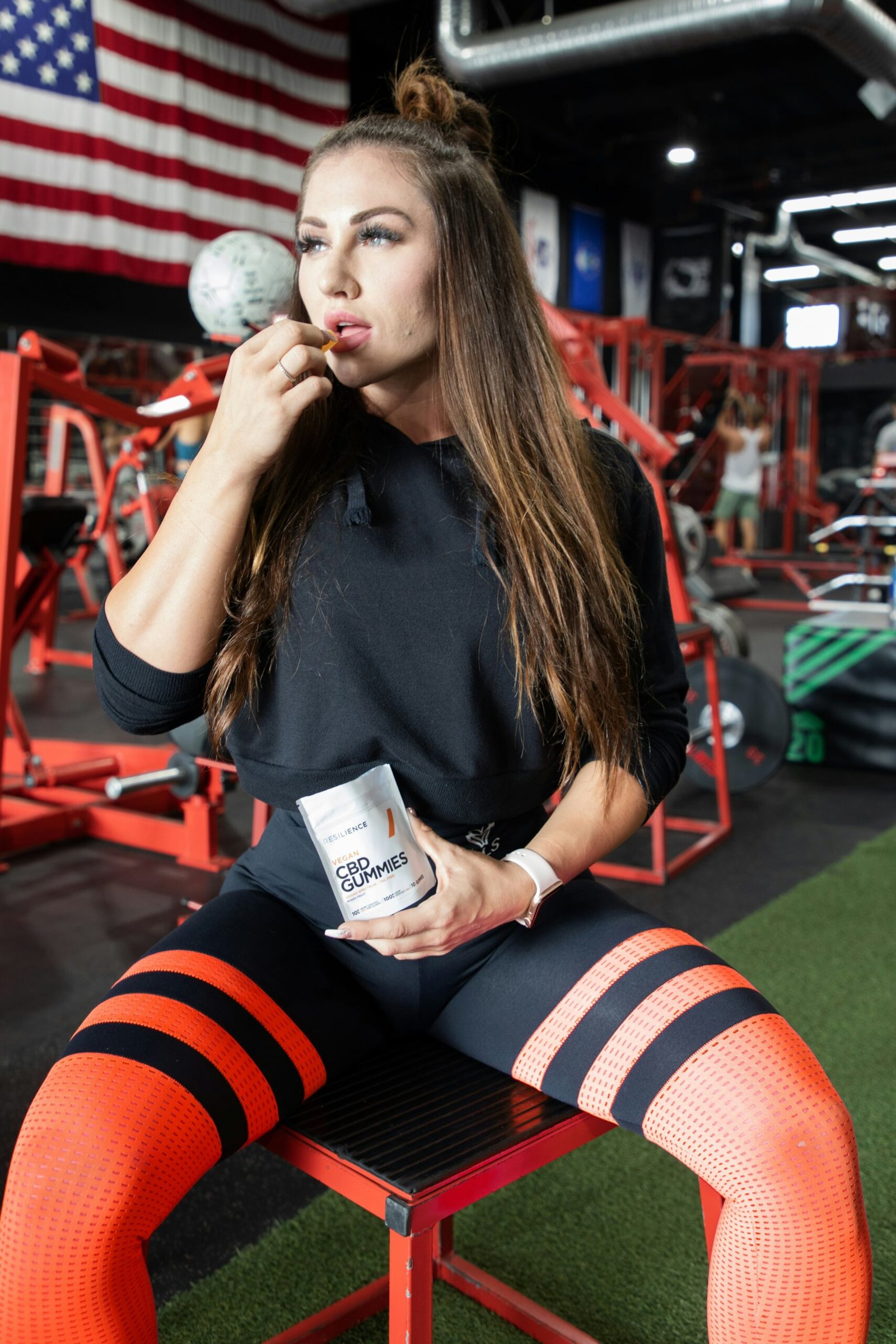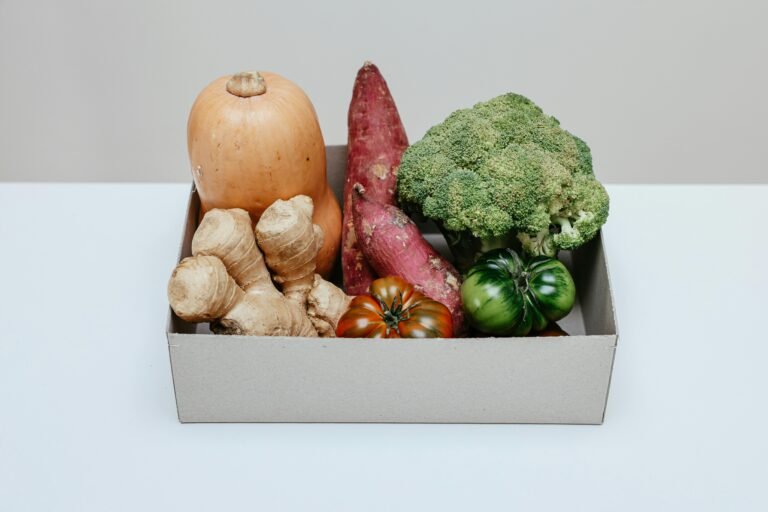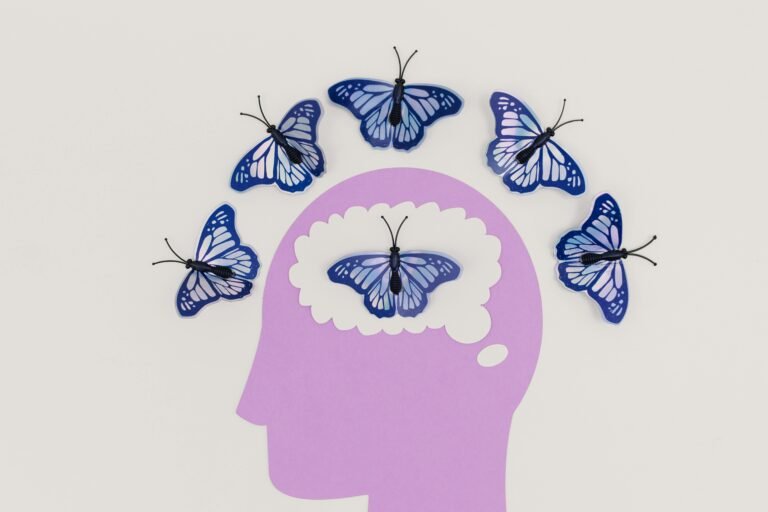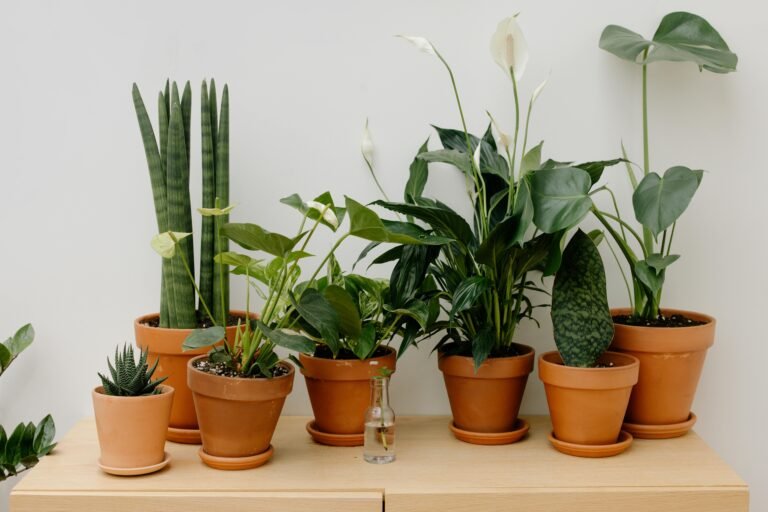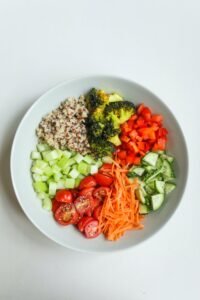
The Iron Dilemma: Plant-Based Solutions for Vegan Athletes
Iron deficiency is a common concern for athletes, but it becomes even more pronounced for those following a vegan or plant-based diet. While iron is abundantly available in animal products, plant-based sources can be a bit trickier to navigate. However, fear not, vegan athletes! There are plenty of iron-rich plant foods and clever strategies to maximize iron absorption. In this article, we will address the iron dilemma and provide you with valuable tips to ensure you meet your iron needs.
The Importance of Iron for Athletes
Iron plays a crucial role in athletic performance as it is responsible for transporting oxygen throughout the body, including to your hard-working muscles. Without adequate iron levels, athletes may experience fatigue, decreased endurance, and impaired recovery. Vegan athletes face an additional challenge as plant-based iron sources are not as readily absorbed by the body as animal-based sources.
Iron-Rich Plant Foods for Vegan Athletes
Contrary to popular belief, there is no shortage of iron-rich plant foods. Incorporating these into your diet will help ensure you meet your iron requirements:
- Dark Leafy Greens: Spinach, kale, and Swiss chard are not only packed with iron but also contain other essential nutrients such as calcium and vitamin C that aid in iron absorption.
- Lentils: These legumes are a powerhouse of iron, protein, and fiber. They are versatile and can be added to soups, salads, or even made into delicious veggie burgers.
- Quinoa: This ancient grain is not only a complete protein but also a great source of iron. It can be used as a base for salads, stir-fries, or as a side dish.
- Chickpeas: Hummus lovers rejoice! Chickpeas are a fantastic source of iron and can be enjoyed in various forms, like roasted chickpeas, curries, or in salads.
- Tofu and Tempeh: These soy-based products are not only excellent sources of plant-based protein but also contain iron. Incorporate them into stir-fries, sandwiches, or as a main protein source in your meals.
- Seeds and Nuts: Pumpkin seeds, sesame seeds, hemp seeds, and almonds are all rich in iron. Snack on them, sprinkle them on salads, or use them in homemade energy bars.
Maximizing Iron Absorption
Now that you know which plant foods to include in your diet, let’s explore some strategies to enhance iron absorption:
Pair Iron-Rich Foods with Vitamin C
Vitamin C enhances iron absorption, so try to combine iron-rich foods with citrus fruits, bell peppers, strawberries, or kiwi. Squeeze lemon juice on your spinach salad or enjoy a fruit salad after your lentil curry.
Avoid Consuming Iron Inhibitors with Iron-Rich Foods
Some foods can hinder iron absorption. Avoid consuming them alongside iron-rich foods to maximize absorption. These include coffee, tea, red wine, and calcium-rich foods like dairy products.
Cook with Cast Iron Cookware
Using cast iron cookware can increase the iron content of your meals. The iron leaches into the food during cooking, providing a small but valuable boost to your iron intake.
Soak and Sprout Legumes and Grains
Soaking and sprouting legumes and grains can help reduce their phytate content, which can inhibit iron absorption. Opt for sprouted grain bread or try your hand at sprouting lentils for a nutrient-packed addition to your meals.
Consider Iron Supplements
If you’re struggling to meet your iron needs through diet alone, consult with a healthcare professional about iron supplements. They can recommend the appropriate dosage and help monitor your iron levels.
Conclusion
Iron deficiency is a valid concern for vegan athletes, but with careful planning and strategic choices, it can be overcome. By incorporating iron-rich plant foods into your diet and implementing strategies to maximize iron absorption, you can ensure optimal iron levels and support your athletic performance. Remember, being a plant-powered athlete is not only possible but also incredibly rewarding!

